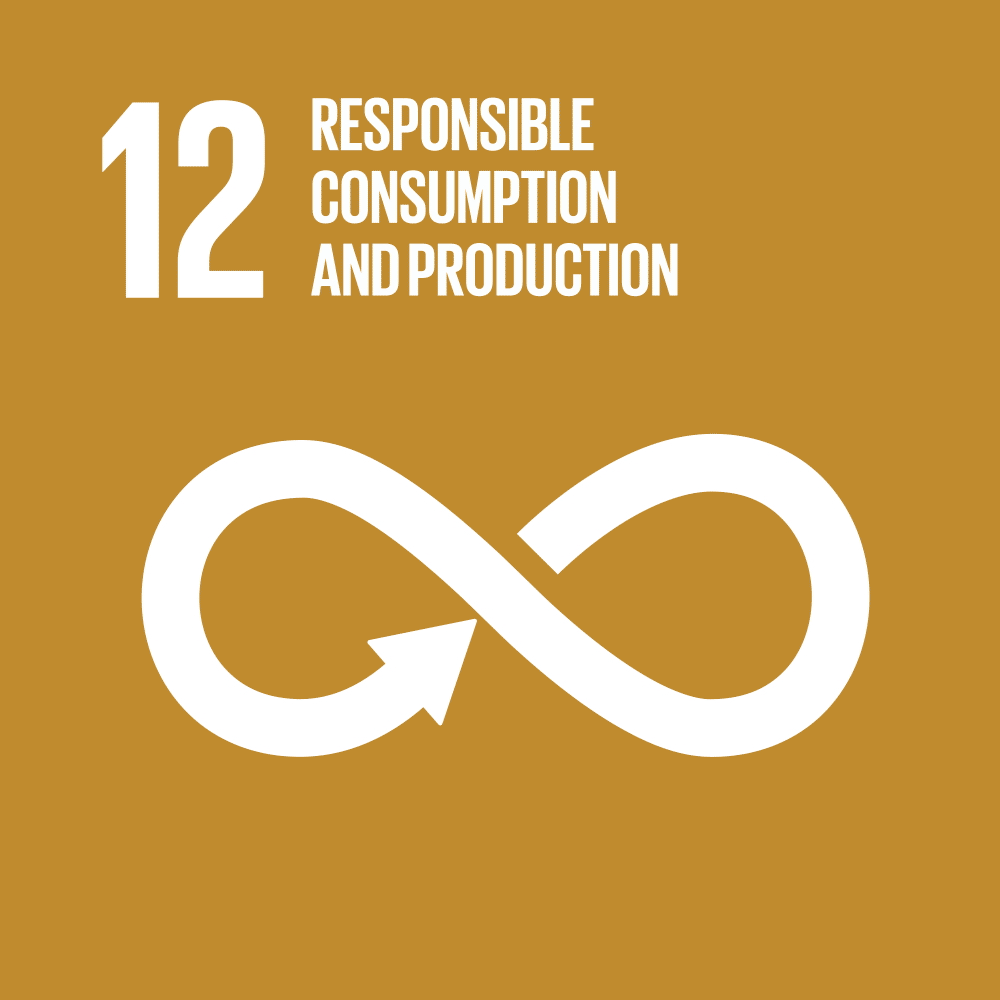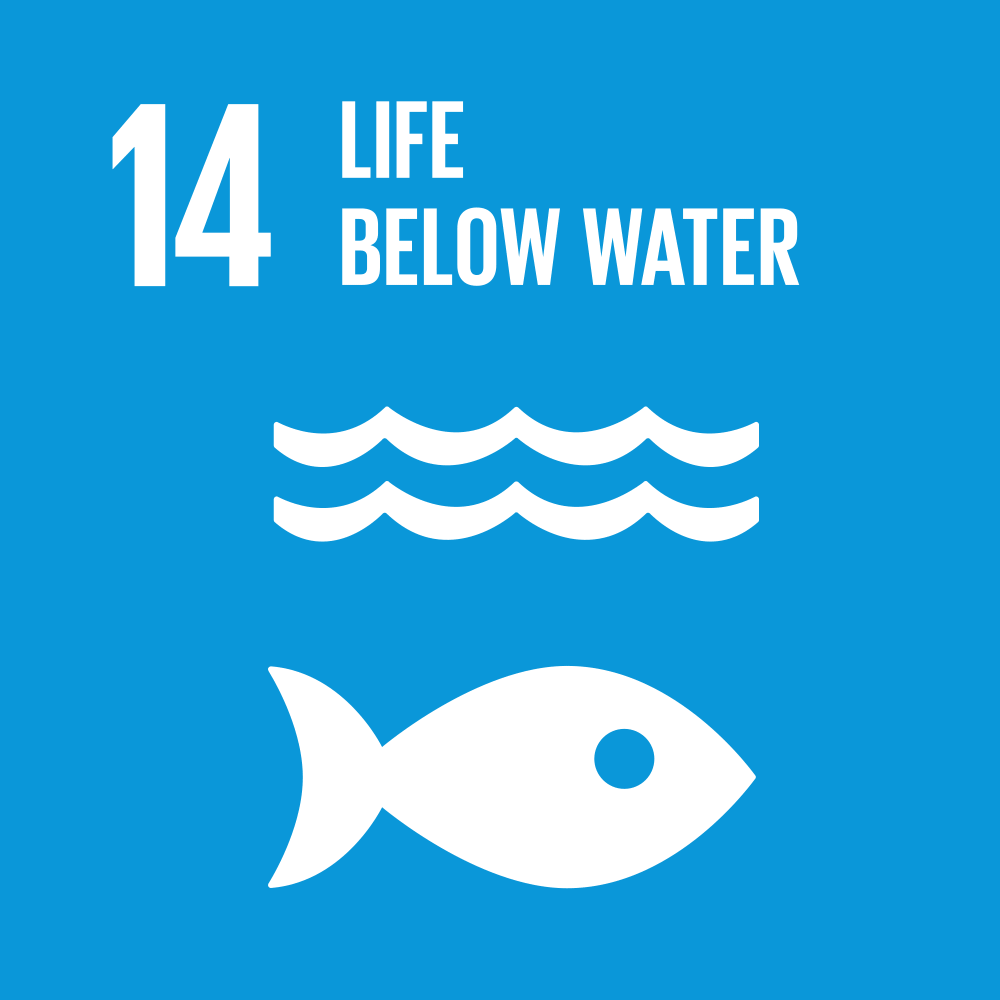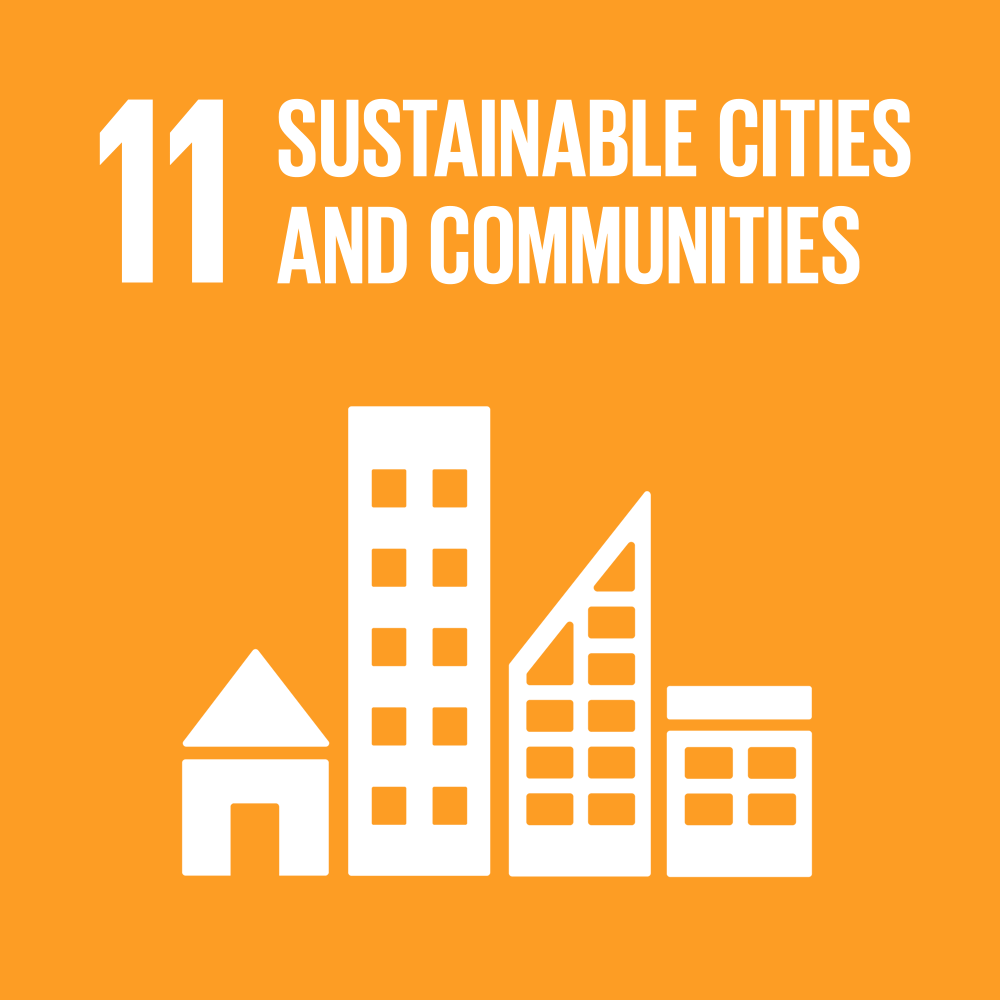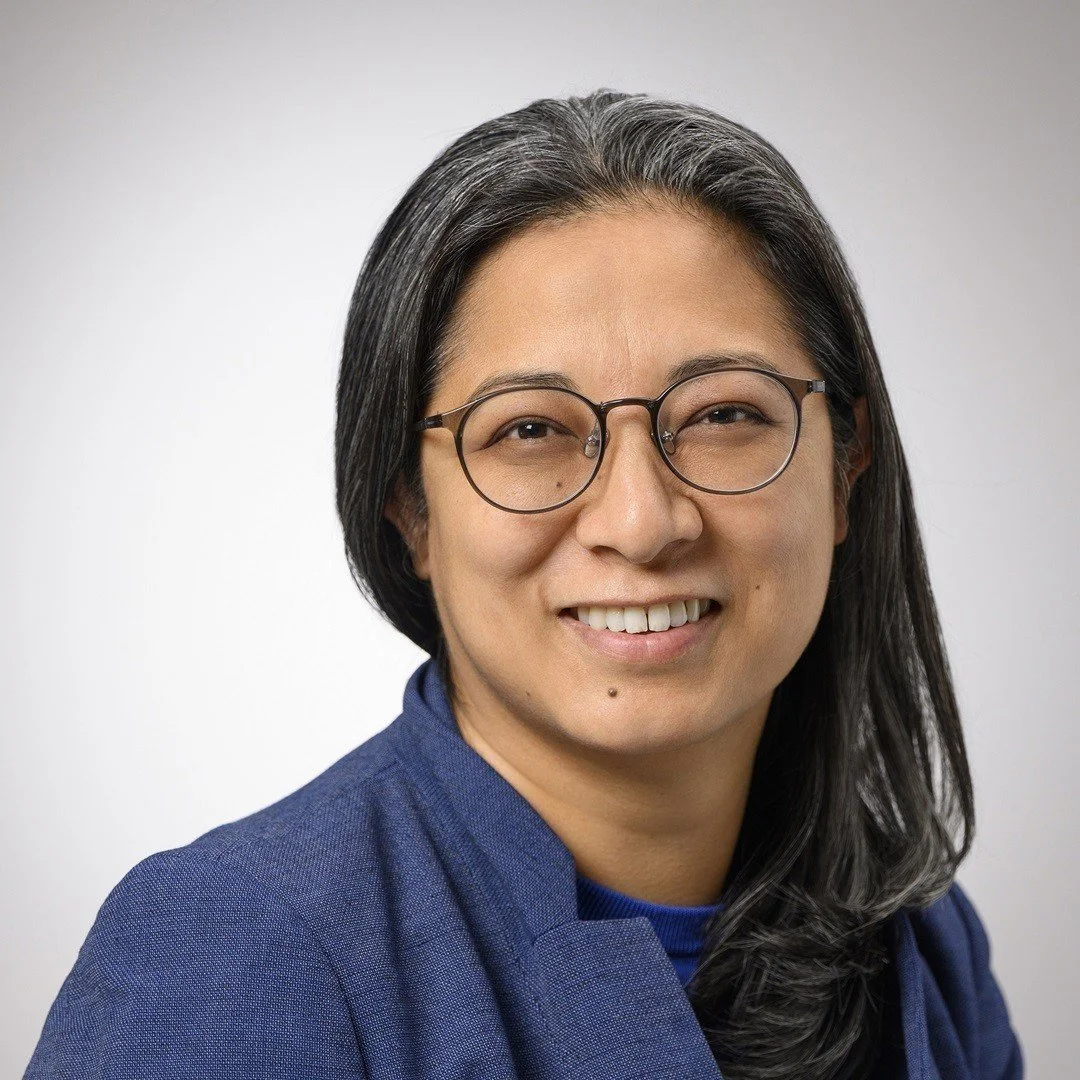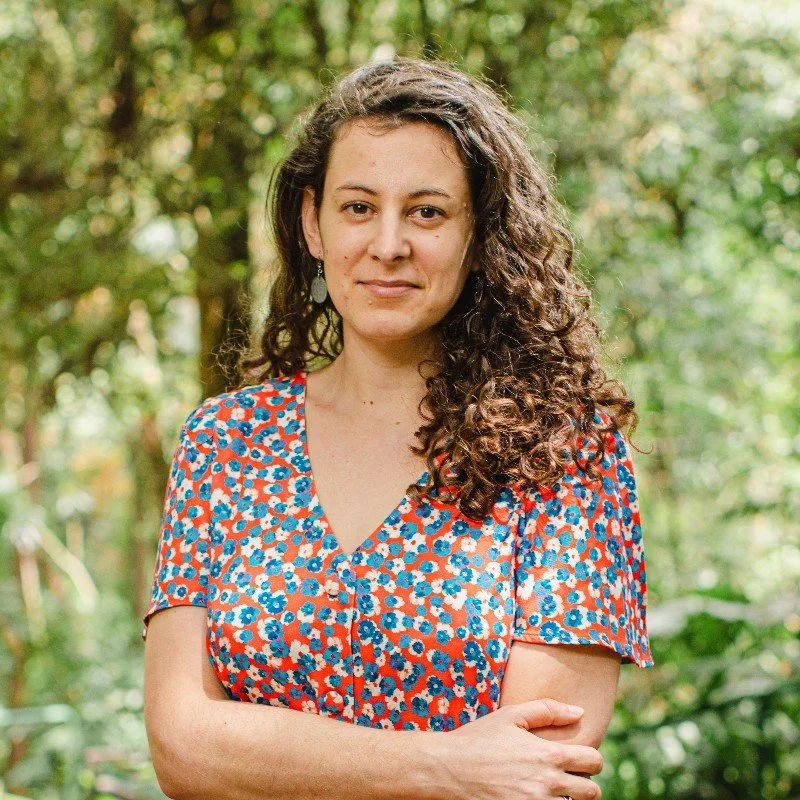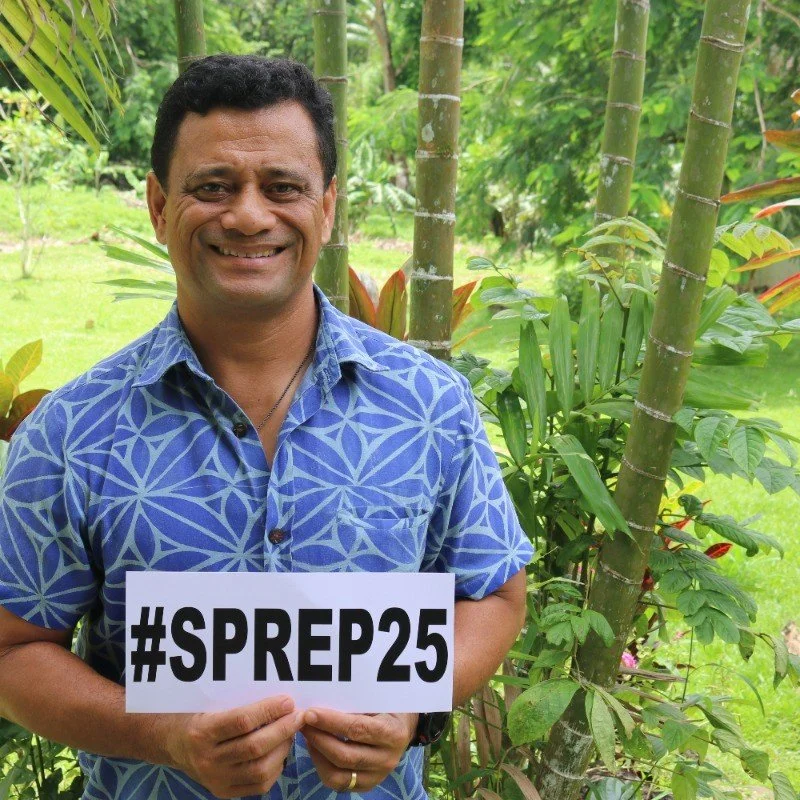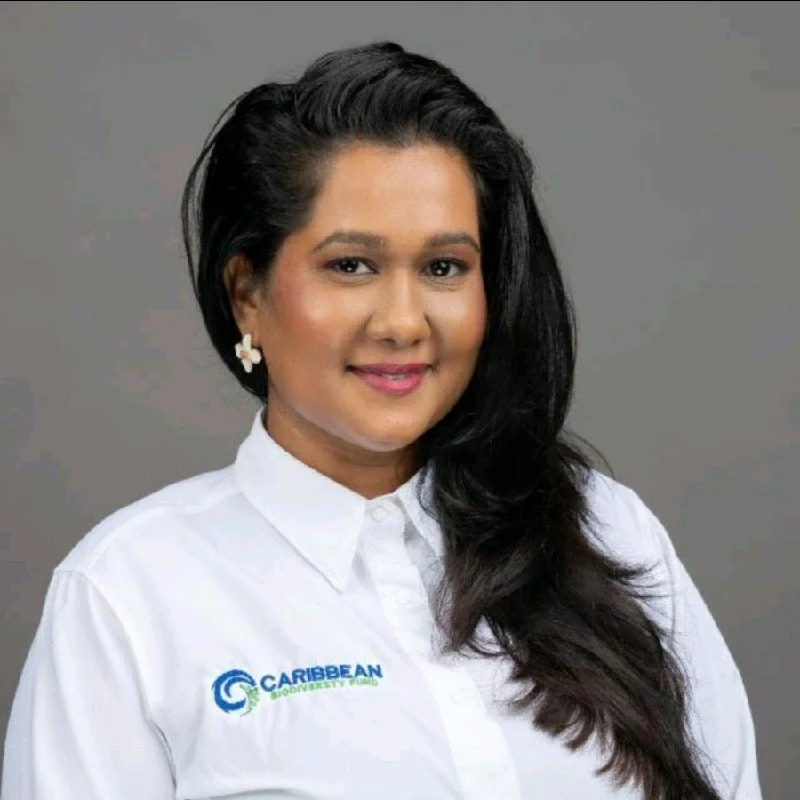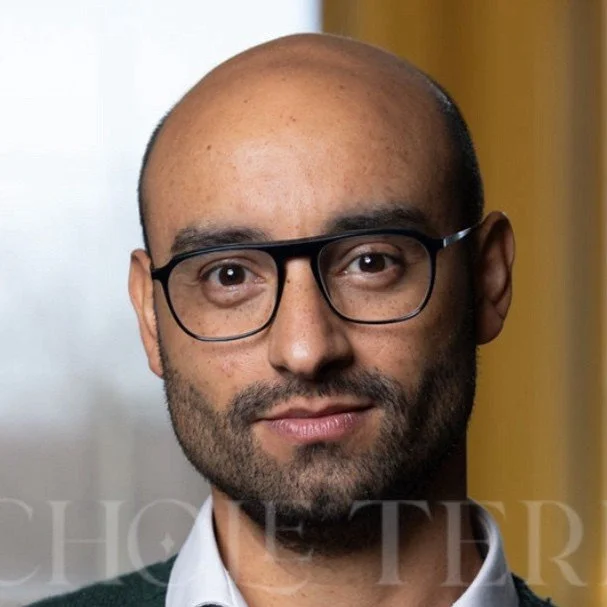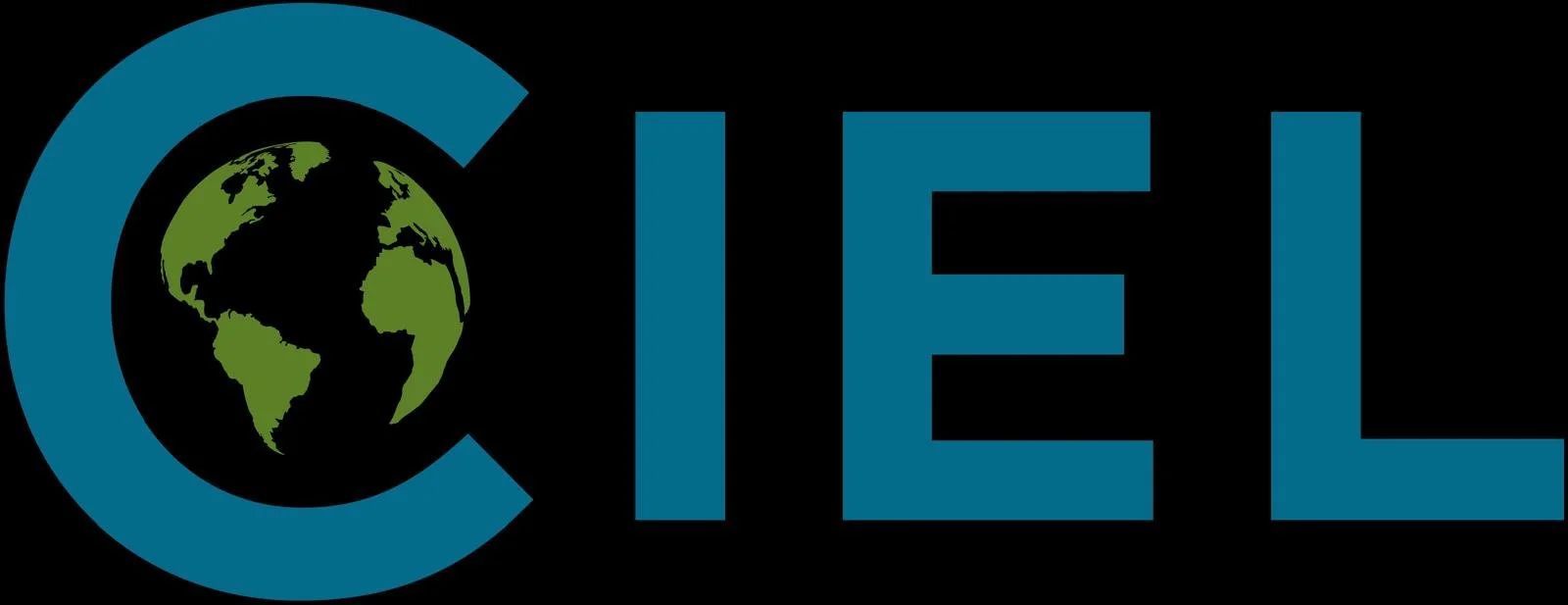UNITED OCEAN CONFERENCE 2025
Upcoming event
Extended Producer Responsibility:
The Wind Behind the Sails in Tackling Marine Pollution
As marine plastic pollution continues to threaten ecosystems, economies, and communities worldwide, one policy tool stands out as a powerful driver of change—Extended Producer Responsibility (EPR). By shifting the burden of plastic waste management onto producers, EPR fosters accountability, waste prevention, and circularity.
To be truly effective, EPR must go beyond financing recycling infrastructure—it should incentivize sustainable design, encourage reuse systems, and include eco-modulation to reward sustainable packaging choices. Additionally, deposit return schemes and litter prevention programs must be integrated to ensure systemic impact.
This session will explore how EPR can be effectively implemented across different economic contexts, from high-infrastructure nations to regions still developing waste management systems. We will highlight best practices, policy frameworks, and innovations that can drive systemic change, proving that when designed correctly, EPR is the wind behind the sails of a cleaner, healthier ocean.
This side event is organised by Searious Business in partnership with CITEO
MEET THE SPEAKERS
Junu Shrestha
Marie Chauloux
Zaynab Sadan
Sarah Baulsch
Rahyang Nusantara
Anthony Talouli
Rachel Ramsey
Andres Del Castillo
Willemijn Peeters
AGENDA
Opening Remarks & Introduction to EPR
Speakers: Wilemjn Peeters, Searious Business & Junu Shrestha, World Bank
Fireside chat: EPR in Action – Concrete Applications
Moderated by: Willemijn Peeters, Searious Business
Prevention first - The French EPR Framework, Reuse, and Reduction: Supporting the Fight Against Litter and Marine Pollution. (Marie Chauloux, Citeo)
Reuse & Litter Prevention – Case studies on EPR including reuse models that reduce litter and prevent marine pollution. (Rahyang Nusantara, PR3)
Financing Recycling Through EPR – Why EPR is fundamental for sustainable financing and how it can drive circular economy investments. (Rachel Ramsey, Caribbean Biodiversity Fund)
Pecha Kucha: EPR in Different Economic Contexts – From Cities to SIDS
Plastic Polymer Fee - Closing the financing gap in the plastics treaty (Andres Del Castillo, CIEL)
EPR in SIDS (Small Island Developing States) – Examining plastic pollution challenges and EPR implementation in SIDS like Vanuatu, Solomon Islands, and Antigua-Barbuda. (Anthony Talouli, SPREP)
Policy Recommendations & Next Steps – Designing effective EPR frameworks that drive systemic change, unlock financial resources, and align with the Global Plastics Treaty. (Zaynab Sadan, WWF)
Interactive Session: “Charting the Course for Effective EPR”
To ensure engagement and real takeaways, we include a participatory session where the audience contributes ideas and solutions.
Closing Remarks (5 minutes) (Sarah Baulch, Pew Charitable Trusts)
Monthly recap
Stay up to date with our projects and other developments in the circular economy



